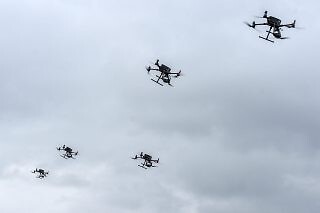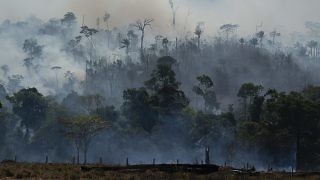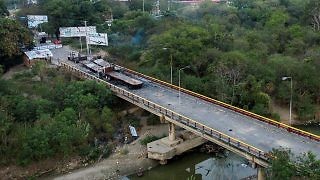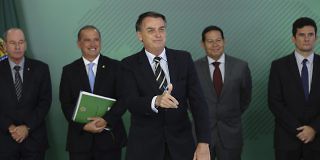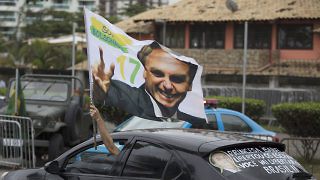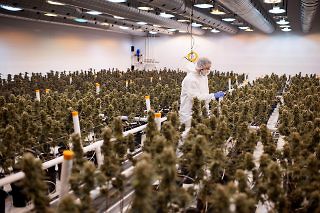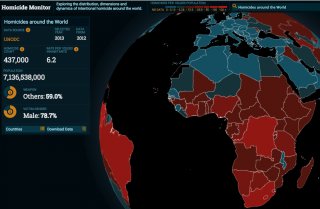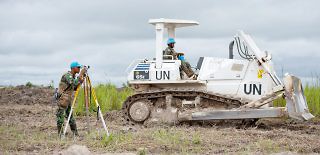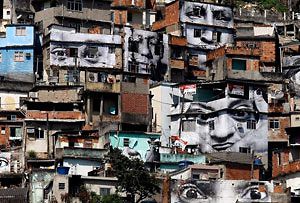At a time of deepening competition over artificial intelligence (AI) and the microchips, data centers, and critical minerals that power it, the world experienced a rare glimmer of multilateral cooperation last month. On March 21, 2024, the United Nations (UN) General Assembly adopted an unprecedented resolution to promote safe, secure, and trustworthy AI. Backed by the […]
Author: Robert Muggah
-
-
A tricky question is how to conserve global public goods, such as forests, at a time when multilateral cooperation is waning.
-
Rather than turning up the temperature, governments should be working to de-escalate the crisis before Venezuela melts down entirely.
-
While talk of citizens carrying weapons on the street to keep gun-toting criminals at bay is popular with the president’s supporters, it is incorrect. The implications of revoking gun laws are also potentially dangerous.
-
As we sift through the burning embers of the presidential campaign, what are some of Jair Bolsonaro’s key foreign policy priorities?
-
The UNGASS is out of step with major changes taking place around the world. The outcome document does not account for the many new and urgent drug-related threats—including synthetics.
-
In 2012, the latest date for which relatively comprehensive information is available, one out of every three people violently killed each year around the world—outside ongoing war zones—was either Brazilian, Colombian, Mexican, or Venezuelan.
-
If adopted effectively and with carefully considered checks and balances, the use of police body cameras may help prevent future accidents.
-
The concept of stabilization is gaining traction within the UN system, but there is still a considerable lack of clarity about what it is, what it is intended to achieve, and when it begins or ends.
-
Brazil is justifiably proud of its historical commitment to peace, yet there are signs that Brazil’s forward momentum in promoting safety, security, justice, and governance is lagging.

